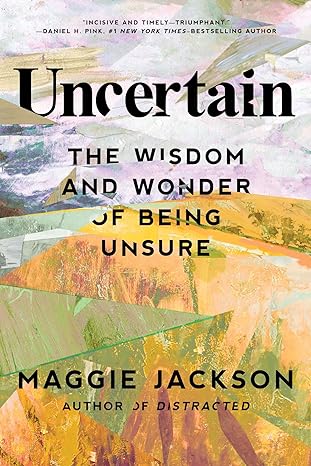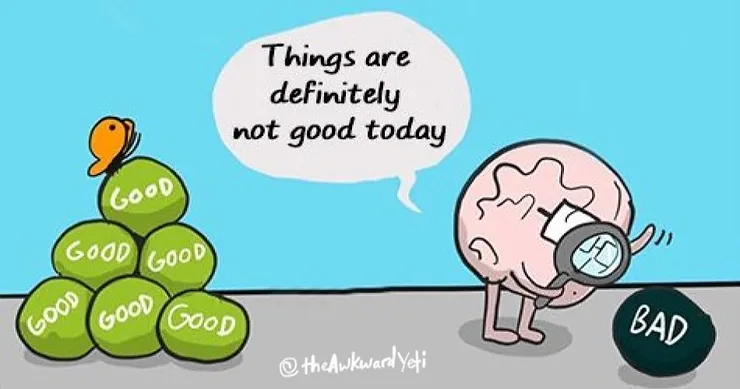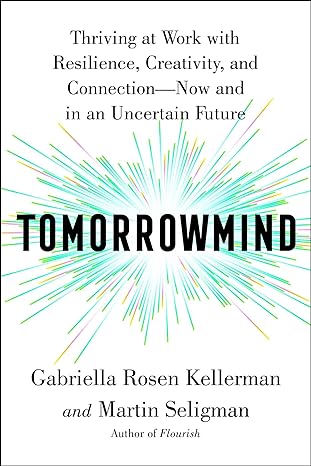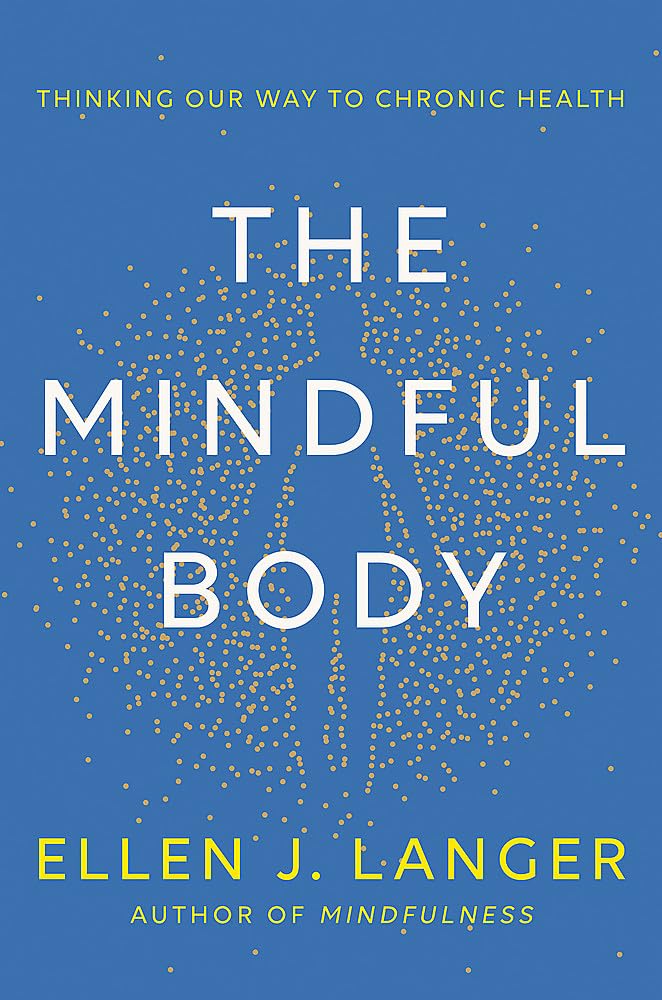Posts by Greater Good Science Center
New book encourages readers to embrace uncertainty in order to improve decision-making, mental health, and more
Life is uncertain. We never know what will happen, and many things are unknowable. This can make us feel stressed or worried, since the unknown is associated with danger. But as journalist Maggie Jackson argues in her new book, Uncertain: The Wisdom and Wonder of Being Unsure, there are many benefits to allowing ourselves to…
Read MoreOn the importance of managing negativity bias to protect cognitive control and prevent depression relapse
Many people around the world suffer from depression. Though depression can be extremely debilitating, evidence-based treatments (like cognitive-behavioral therapy) provide hope, because they can be very effective in treating the negative thinking that accompanies depression.
Read MoreSix favorite books of 2023 to help harness the stress response and boost curiosity, wonder, and brain health at work,
It’s hard to address important issues in our lives or in society if we are stressed, depleted, and isolated. Perhaps that’s why many of 2023’s favorite books offer approaches for real self-care. They focus on how to manage stress, find more happiness in life, seek wonder and inspiration, appreciate art, understand our personal strengths, or…
Read MoreThe Mindful Body argues against mindlessly accepting age-related decline in cognition and health as inevitable
In 1979, Harvard researcher Ellen Langer invited elderly men to spend a week at a retreat designed to remind them of their younger days, surrounded by the art, music, food, games, décor, and more from the late 1950s. Afterward, the men were tested and found to have made significant gains in hearing, memory, dexterity, posture,…
Read MoreMajor evidence review supports an “exercise prescription” for most adults to boost mental health and well-being
When you head to your weekly yoga class or lift weights at the gym, you’re doing something good for your physical health: getting more fit today, and so protecting your body into the future. What you may not always think about, though, is that you’re also protecting yourself from anxiety and depression—about as much as…
Read MoreHow the Arts transform our Brains, Bodies, and Minds
One of my favorite sayings comes from David Thoreau: “My life has been the poem I would have writ / But I could not both live and utter it.” It speaks to the way that life and art are intertwined, and how we gain so much from living life with a sense of beauty and…
Read More





